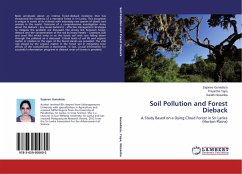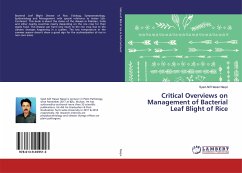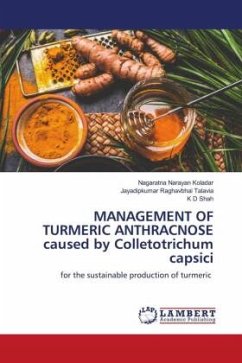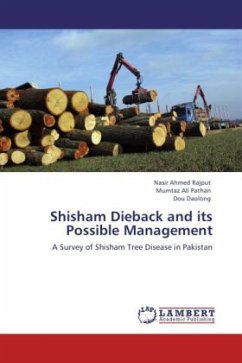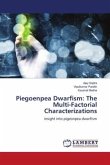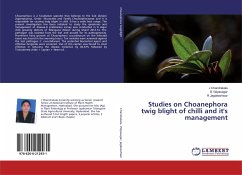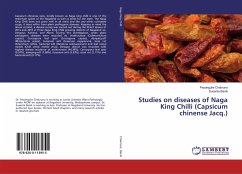Mango is susceptible to various diseases throughout its growth stages, from seedling to storage. Notably, mango dieback, caused by Lasiodiplodia theobromae (Pat.) Griffon & Maubl., also known as Botryosphaeria rhodina in its anamorphic stage, is particularly destructive. This disease, often referred to as tree decline disease, results in substantial yield reduction and compromised fruit quality.Given the seriousness of the disease and the need to address it at the seedling stage, this research aims to: isolate, identify, and conduct pathogenicity tests on the pathogen responsible for mango dieback; survey the incidence of mango dieback disease in nurseries; examine the variability in cultural, morphological, and molecular characteristics of L. theobromae; assess the effectiveness of various bio-control agents and fungicides against L. theobromae in vitro; and develop strategies for managing mango dieback in nurseries.
Bitte wählen Sie Ihr Anliegen aus.
Rechnungen
Retourenschein anfordern
Bestellstatus
Storno


